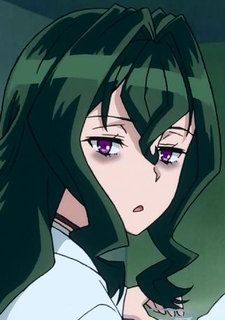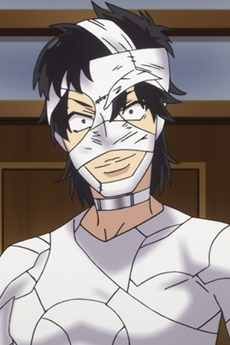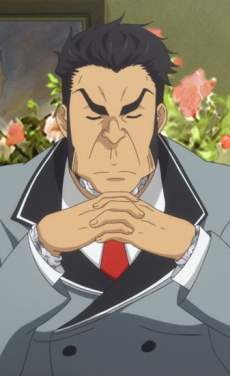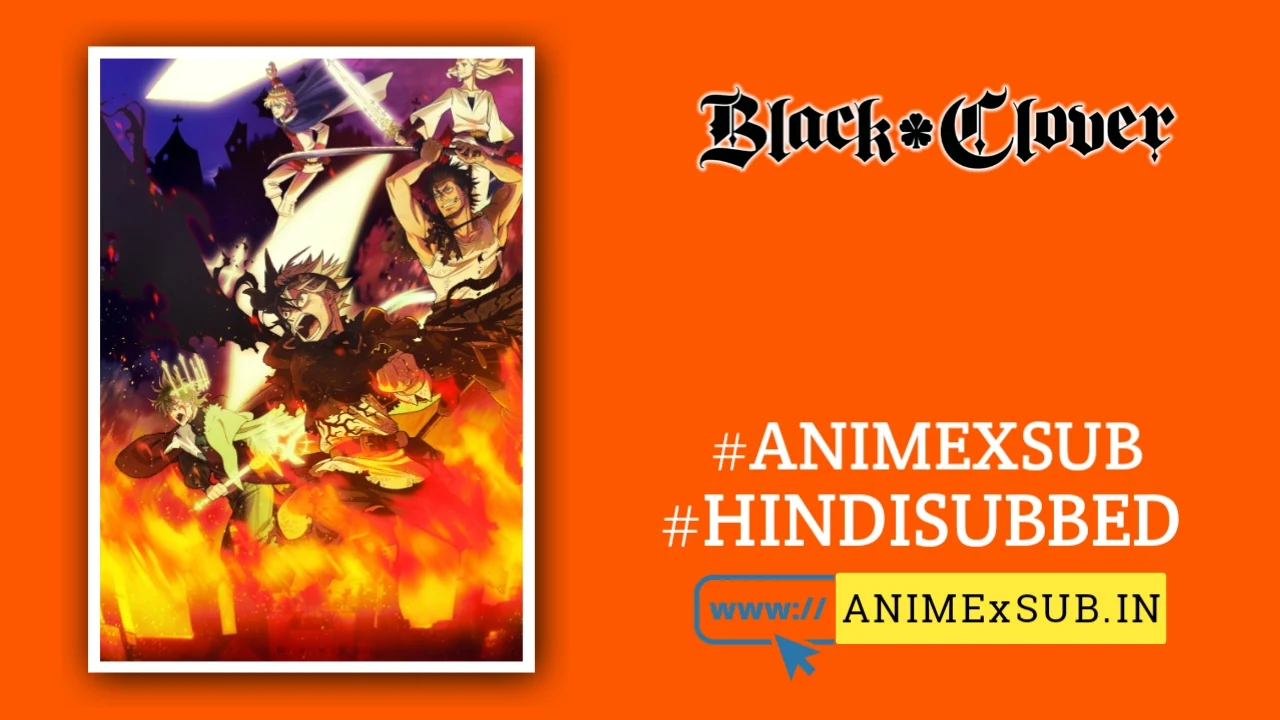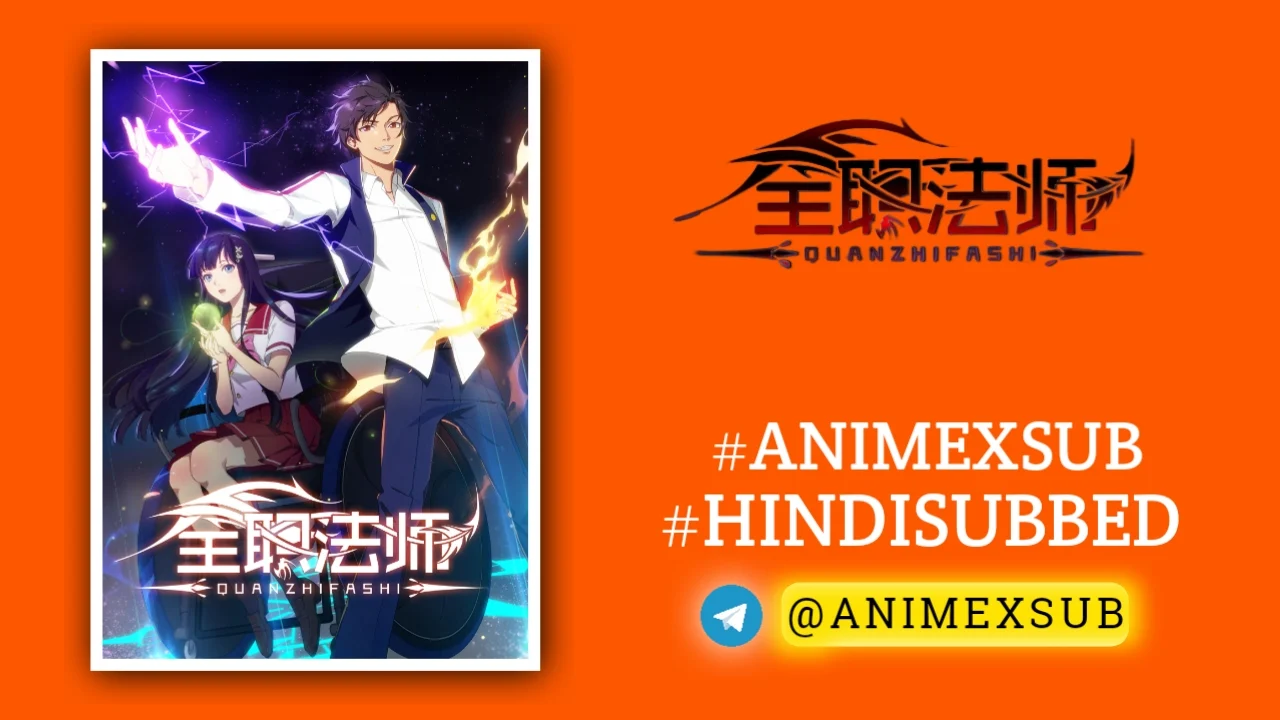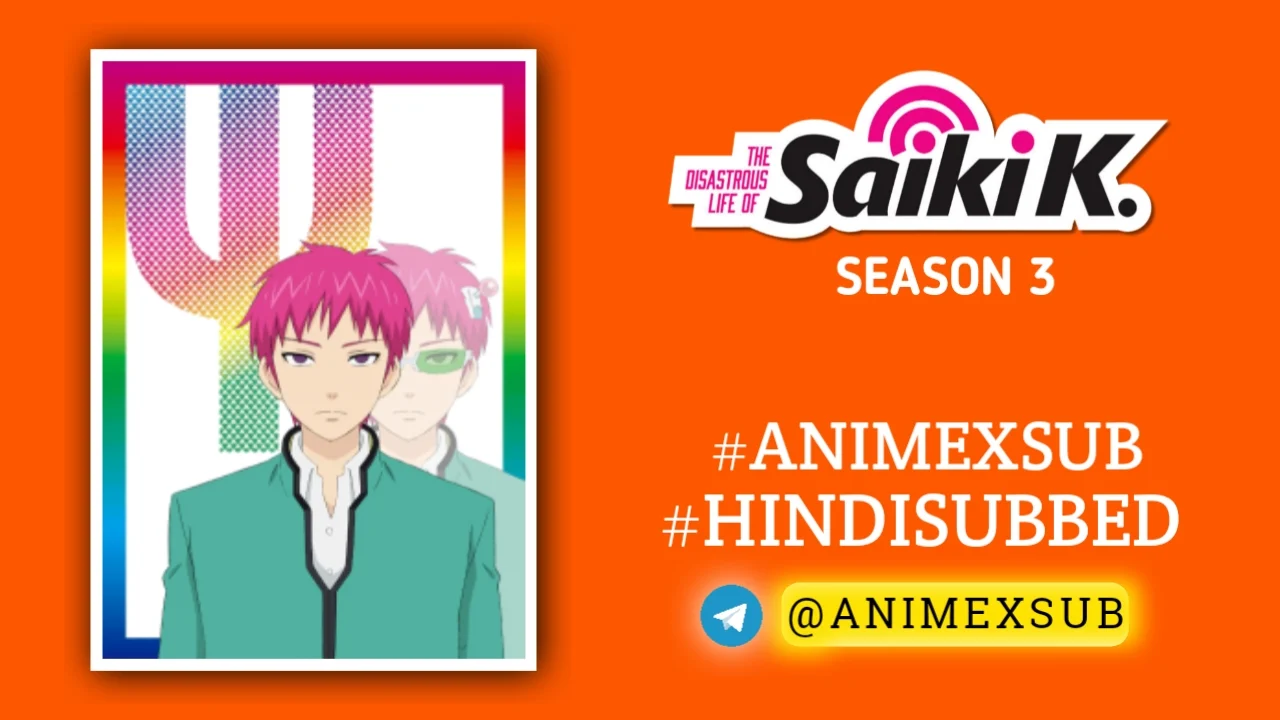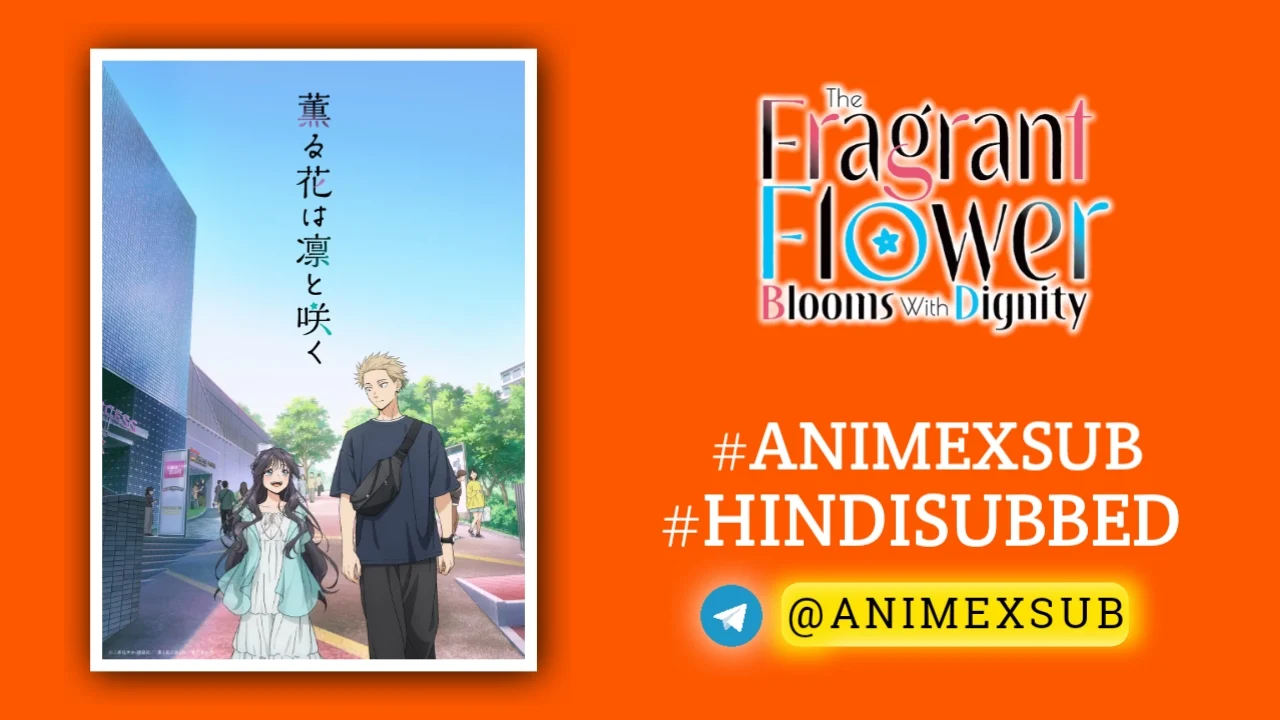
SHIMONETA: A Boring World Where the Concept of Dirty Jokes Doesn’t Exist Hindi Subbed [12/12] {Complete}

Shimoneta to Iu Gainen ga Sonzai Shinai Taikutsu na Sekai
SHIMONETA: A Boring World Where the Concept of Dirty Jokes Doesn’t ExistSynopsis
The novel's story is set 16 years after the "Law for Public Order and Morals in Healthy Child-Raising" banned coarse language in the country. Tanukichi Okuma enrolls in the country's leading elite public morals school and is soon invited into the Anti-Societal Organization (SOX) by its founder, Ayame Kajou. As a member blackmailed into joining by Ayame, Tanukichi ends up taking part in obscene acts of terrorism against the talented student council president Anna (for whom Tanukichi has a crush). (Source: Anime News Network)
Watch Trailer
Characters
Shimoneta: A Boring World Where the Concept of Dirty Jokes Doesn’t Exist – A Razor-Sharp Satire Disguised as Crass Comedy
Shimoneta: A Boring World Where the Concept of Dirty Jokes Doesn’t Exist (or Shimoseka in Japan) is a 12-episode anime that aired in 2015, adapted from Hirotaka Akagi’s light novel series. Set in a dystopian Japan where strict laws ban all forms of obscenity, the series follows Tanukichi Okuma, a high school student dragged into the lewd rebellion of SOX, a group led by the enigmatic “Blue Snow” (Ayame Kajou), fighting to restore free expression through dirty jokes and illicit materials. What sounds like a premise for crude humor unfolds into a surprisingly incisive critique of censorship, societal control, and the human condition. This review dives deep into Season 1’s unique strengths, its polarizing elements, and its unapologetic approach to tackling taboo topics, offering fresh insights into why Shimoneta remains a standout in the anime landscape.
A World Where Words Are Weapons
At its core, Shimoneta is a satire that weaponizes humor to expose the absurdities of a society obsessed with purity. The show’s setting—a Japan where citizens wear “Peace Maker” devices to monitor speech and gestures for lewdness—is both outlandish and eerily plausible. The government’s iron grip on morality, enforced through surveillance and draconian laws, mirrors real-world debates about censorship and freedom of speech. The series doesn’t just poke fun at this premise; it dissects it with surgical precision, revealing how suppressing natural human impulses distorts relationships, creativity, and individuality.
The narrative follows Tanukichi, a straight-laced transfer student to an elite public morals school, whose plans to reunite with his crush, Anna Nishikinomiya, are derailed when he’s recruited by Ayame, a classmate moonlighting as the terrorist Blue Snow. SOX’s mission to distribute pornographic materials and spread “obscene” ideas challenges the status quo, forcing Tanukichi to confront his own repressed desires and moral assumptions. The world-building is meticulous, with details like euphemistic language (e.g., “love nectar” for bodily fluids) and censored visuals highlighting the absurdity of a sanitized society. This creative constraint on dialogue—where characters must skirt around explicit terms—leads to some of the show’s most clever and absurdly funny moments, showcasing the writers’ ingenuity in crafting innuendo-laden exchanges.
A Delicate Balance of Humor and Commentary
Shimoneta walks a tightrope between lowbrow humor and high-concept satire, and it’s this duality that makes it so compelling. The series doesn’t shy away from juvenile gags—panty theft, suggestive sound effects, and over-the-top sexual misunderstandings are par for the course. Yet, beneath the surface, it delivers biting commentary on how censorship warps human behavior. For instance, Anna’s transformation from a prim student council president into a dangerously obsessive figure illustrates how repression can breed unhealthy fixations. Her character arc, particularly in episodes like “Shimoneta tero wa ta ga tame ni?” (Episode 11), is both darkly funny and unsettling, showing the consequences of a society that denies natural impulses.
The show’s humor is polarizing, and not every joke lands. Some viewers may find the relentless barrage of crude gags repetitive or juvenile, as noted in certain critiques. However, the series uses its provocative tone strategically, forcing viewers to confront their discomfort with taboo topics. By exaggerating the consequences of censorship, Shimoneta asks whether suppressing “immoral” expression protects society or infantilizes it. This question resonates in episodes like “Ninshin no nazo” (Episode 5), where SOX’s attempt to “educate” students during school physicals exposes the absurdity of ignorance about basic human biology. The show’s ability to blend these moments with laugh-out-loud absurdity—like Tanukichi’s misadventures with a rogue sex toy in “Tezukuri no nukumori!” (Episode 12)—is a testament to its tonal dexterity.
Characters: Flawed, Funny, and Unforgettable
The ensemble cast of Shimoneta is one of its greatest assets, with each character serving as a lens into the show’s themes. Tanukichi, the reluctant everyman, grounds the narrative with his internal conflict between societal expectations and SOX’s rebellion. Ayame, as Blue Snow, is a chaotic force of nature, her sharp wit and unapologetic vulgarity making her a standout. Her leadership of SOX isn’t just comedic; it’s a defiant act of reclaiming agency in a repressive world. Supporting characters like Otome Saotome, the repressed artist who channels her frustrations into erotic drawings, and Hyouka Fuwa, the deadpan scientist obsessed with uncovering the “mystery of pregnancy,” add depth and variety to the humor.
However, the characters aren’t without flaws. Some reviews note that their development feels incomplete, with hinted relationships—like Tanukichi and Anna’s dynamic—left unresolved. This is particularly evident in the show’s finale, “Shimoneta yo eien ni” (Episode 10), which delivers a satisfying climax but leaves lingering questions about the characters’ futures, especially given the unlikelihood of a second season. Still, the characters’ exaggerated personalities and their interactions drive the show’s energy, making even the weaker episodes entertaining.
Visuals and Sound: A Perfect Match for the Tone
J.C. Staff’s animation complements Shimoneta’s irreverent tone, with vibrant colors and exaggerated character designs that amplify the comedy. The visual gags—like censored visuals replaced with pixelated blobs or absurdly innocuous objects—are both hilarious and thematically relevant, reinforcing the show’s critique of censorship. The soundtrack, while not groundbreaking, enhances the chaotic energy, with the opening theme “B Chiku Sentai SOX” capturing the rebellious spirit of the series. Voice acting, particularly Shizuka Ishigami’s performance as Ayame, is a highlight, balancing sly humor with fierce conviction.
The Uncomfortable Elephant in the Room
Shimoneta doesn’t pull punches, and that’s both its strength and its Achilles’ heel. Certain scenes, like the controversial moment in Episode 11, have been criticized for crossing into uncomfortable territory, with some viewers finding them gratuitous or disturbing. The show’s willingness to push boundaries is integral to its message, but it risks alienating viewers who find the humor too crass or the social commentary overshadowed by shock value. Yet, this discomfort is arguably intentional, forcing audiences to grapple with their own boundaries and the societal norms that shape them.
Why Shimoneta Stands Out
What sets Shimoneta apart is its refusal to be just another ecchi comedy. While it revels in its raunchiness, it’s never content to stay surface-level. The series uses its absurd premise to explore deeper questions about freedom, authenticity, and the cost of conformity. Its social commentary, particularly on Japan’s history of media censorship, feels both specific and universal, resonating with global debates about free speech and cultural control. The show’s ability to make you laugh at a fart joke one moment and ponder authoritarianism the next is a rare feat, executed with a boldness that few anime dare to attempt.
Final Verdict: A Wild, Thought-Provoking Ride
Shimoneta: A Boring World Where the Concept of Dirty Jokes Doesn’t Exist is a masterclass in blending crude humor with sharp satire. Its unique premise, memorable characters, and fearless exploration of censorship make it a standout in the anime world, even if its humor doesn’t always land and some moments push the boundaries of taste. With an 8/10 rating from fans for its wild ride and incisive commentary, it’s a series that demands to be experienced, flaws and all. For those who can stomach its audacity, Shimoneta offers a rare blend of laughter and introspection, proving that even the dirtiest jokes can carry profound truths.
Support Our Anime Community!
Love watching the latest anime? Help us keep uploading new episodes by join telegram channel ❤️
Join Now!






